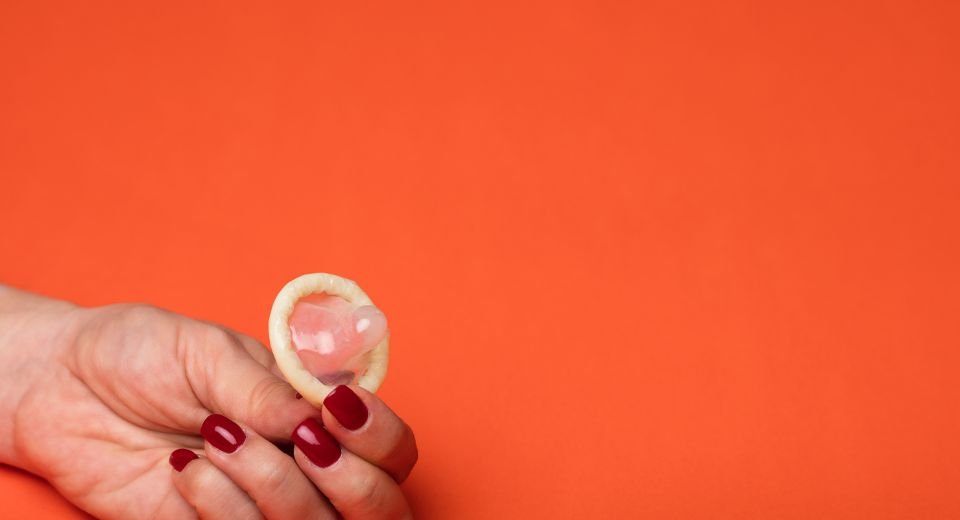HQ Team
November 30, 2022: Removing gender inequalities on women’s HIV risks can help end the AIDS pandemic, according to UNAIDS.
“The world will not be able to defeat AIDS while reinforcing patriarchy,” said Winnie Byanyima, Executive Director of UNAIDS, who called for addressing the intersecting inequalities that women face.
“The only effective route map to ending AIDS, achieving the sustainable development goals and ensuring health, rights and shared prosperity, is a feminist route map,” she said.
A year ago, 650 000 people died from AIDS and 1.5 million acquired HIV, the virus that causes the disease.
Women subjected to intimate partner violence face up to a 50% higher chance of acquiring the virus, according to UNAIDS’ Dangerous Inequalities report.
Sub-Saharan Africa
The effects of gender inequalities on women’s HIV risks are striking in sub-Saharan Africa, where women accounted for 63% of new HIV infections in 2021.
Adolescent girls and young women aged between 15 and 24 years in the region are three times more likely to acquire HIV than their male counterparts.
From 2015 to 2021, only 41% of married women aged between 15 and 24 in 33 countries could make their own decisions on sexual health.
If girls are allowed to stay in school and complete secondary education, their vulnerability to HIV infection is reduced by 50%.
“When this is reinforced with a package of empowerment support, girls’ risks are reduced even further,” the UN agency stated.
Schooling girls
“Leaders need to ensure all girls are in school, are protected from the violence which is often normalised including through underage marriages, and have economic pathways that guarantee them a hopeful future.”
Only 70% of men living with HIV were accessing treatment in 2021, compared to 80% of women. “Harmful masculinities” discouraged men from seeking care.
Although over three-quarters of adults living with HIV are on antiretroviral therapy, just over half of children receive the medicine. In 2021, children accounted for only 4% of people living with HIV but 15% of all AIDS-related deaths.
Discrimination, stigmatisation and criminalisation of key communities also cost lives.
A raw analysis shows no significant drop in new infections among gay men and other men who have sex with men, both in the western and central Africa region and the eastern and southern regions of the continent.
Same-sex
“Decriminalise people in same-sex relationships, sex workers, and people who use drugs, and invest in community-led services that enable their inclusion. This will help break down barriers to services and care for millions of people.” Byanyima said.
“What world leaders need to do is crystal clear,” she said.“In one word: equalise. Equalise access to rights, equalise access to services, and the best science and medicine. Equalising will help everyone.”
